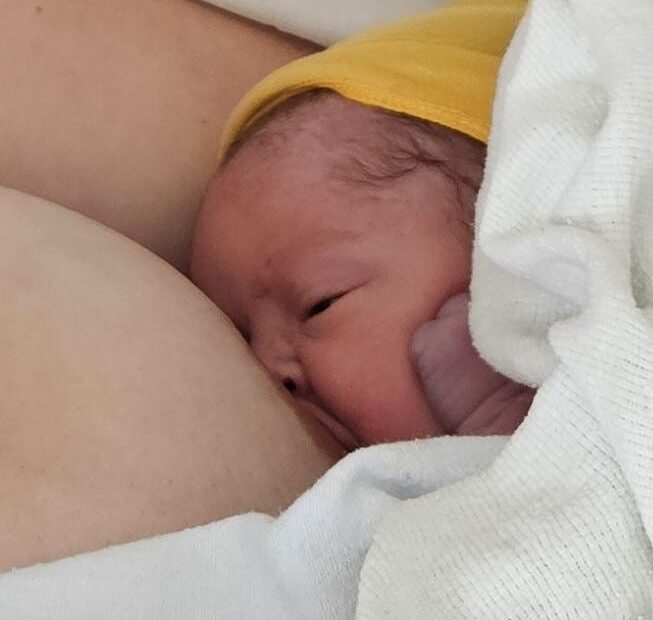Basics of Maternal Food Intake in Breastfeeding Success
Author: Dr. Jimi Francis, PhD, IBCLC, RDN, LD, RLC
Congratulations on your new arrival!
As a Registered Dietitian and International Board-Certified Lactation Consultant (IBCLC), I understand that while you’re busy caring for your baby, it’s crucial to prioritize your own nutrition. Your dietary choices not only affect your well-being but also impact the quality of your breast milk. Breastfeeding is a remarkable journey beyond the beautiful bonding moments between mother and child—it’s also an intricate dance of nutrition. The importance of a well-balanced and nourishing maternal diet during breastfeeding cannot be overstated. In this blog post, we delve into the vital role of maternal nutrition in supporting the health and development of both mother and baby during this special time.
Optimal Nutrient Transfer:
The quality of breast milk directly reflects the nutrients available in the mother’s diet. A well-balanced and nutrient-dense diet ensures that your breast milk is a rich source of essential vitamins, minerals, and antibodies vital for your baby’s growth and development.
Sustaining Energy Levels:
The demands of breastfeeding can be energy-intensive for mothers. A diet comprising a mix of complex carbohydrates, lean proteins, and healthy fats helps sustain energy levels, promoting overall well-being and preventing fatigue.
Hydration for Milk Production:
Staying well-hydrated is paramount for adequate milk production. Drinking enough water not only supports hydration but also helps maintain an ample milk supply for your baby.
Omega-3 Fatty Acids for Brain Development:
Including sources of omega-3 fatty acids, such as fatty fish, chia seeds, and walnuts, in your diet contributes to developing your baby’s brain and nervous system. These essential fats are crucial for cognitive growth.
Calcium and Vitamin D for Bone Health:
Calcium and vitamin D are vital for your and your baby’s bone health. Dairy products, leafy greens, and sunlight exposure are excellent sources of these nutrients.
Iron-Rich Foods to Prevent Deficiencies:
Breast milk contains less iron than formula, so it’s important for breastfeeding mothers to consume iron-rich foods. To prevent iron deficiencies, incorporate lean meats, beans, and dark leafy greens into your diet.
Moderation in Caffeine and Alcohol:
While it’s generally safe to consume moderate amounts of caffeine and alcohol during breastfeeding, excessive intake can affect both you and your baby. Practice moderation and be mindful of any adverse reactions.
Maintaining a Well-Rounded Diet:
A diverse and well-rounded diet ensures that you and your baby receive a broad spectrum of nutrients. To cover all nutritional bases, include a variety of fruits, vegetables, whole grains, and proteins in your meals.
Every mother’s nutritional needs are unique. Consult with healthcare professionals, such as lactation consultants or registered dietitians, to create a personalized nutrition plan tailored to your specific requirements. The journey of breastfeeding is a shared experience between mother and child, and a well-nourished mother lays the foundation for a thriving and healthy baby. Prioritizing your nutritional needs during this time supports your well-being and ensures your baby receives the best possible start in life. Remember, a nourished mother is a nurturing mother, and your commitment to a balanced diet is a gift that will resonate throughout your breastfeeding journey.
Specifics for nutrition information during breastfeeding
Breastfeeding is a demanding process that requires extra energy and nutrients. Your body works hard to produce milk, and your diet’s quality directly influences its nutritional content. Below is more detailed information with nutrient recommendations and a sample meal plan. A well-balanced diet helps ensure your baby receives essential nutrients for growth and development while supporting your recovery and overall health.
FOR MORE ON THIS TOPIC Subscibe to Dr. Jimi’s Substack
©copywrite Dr. Jimi Francis, 2024
